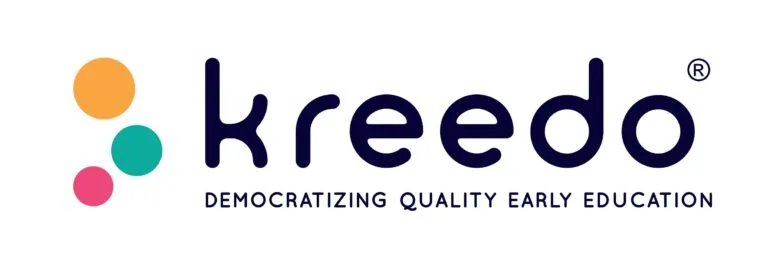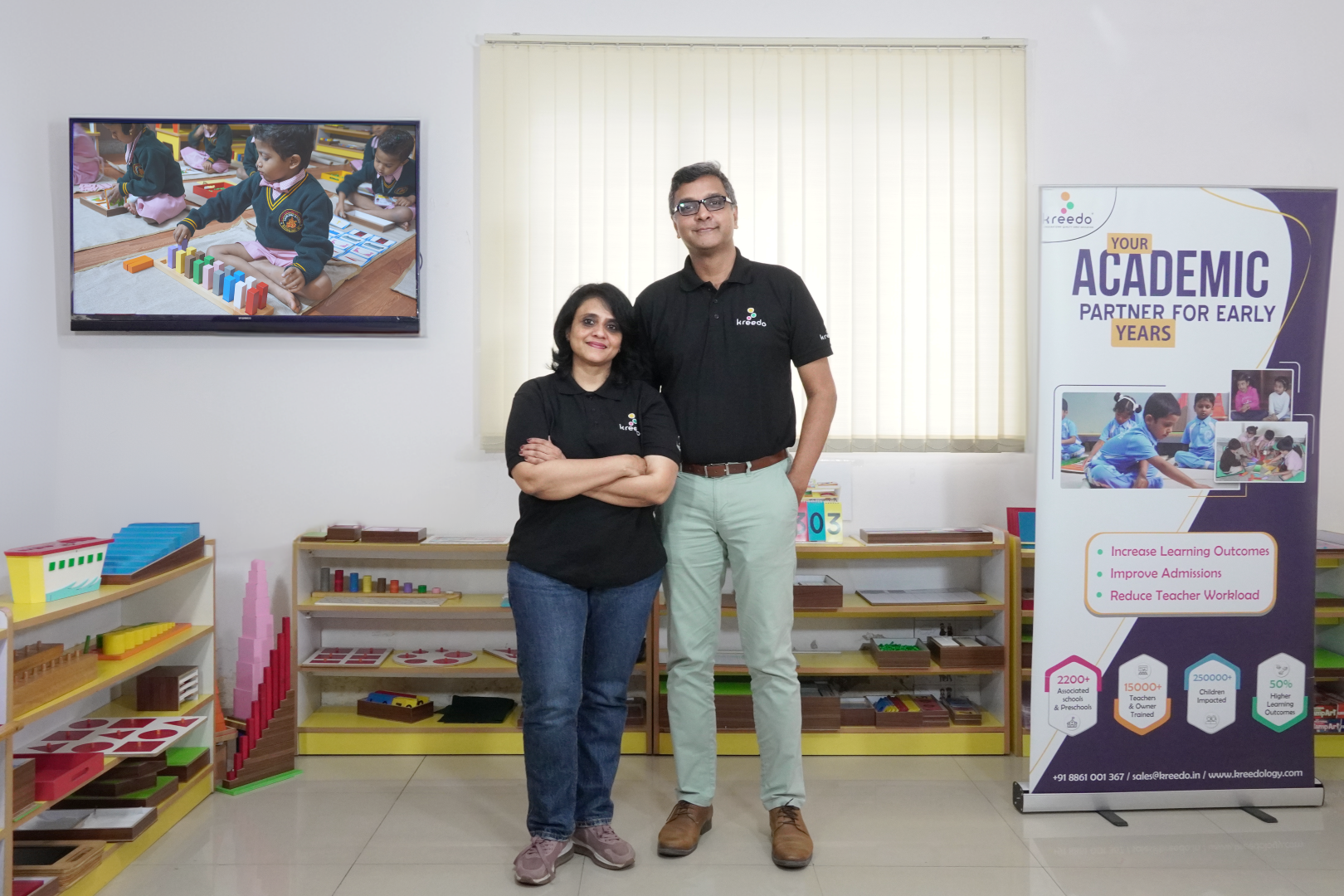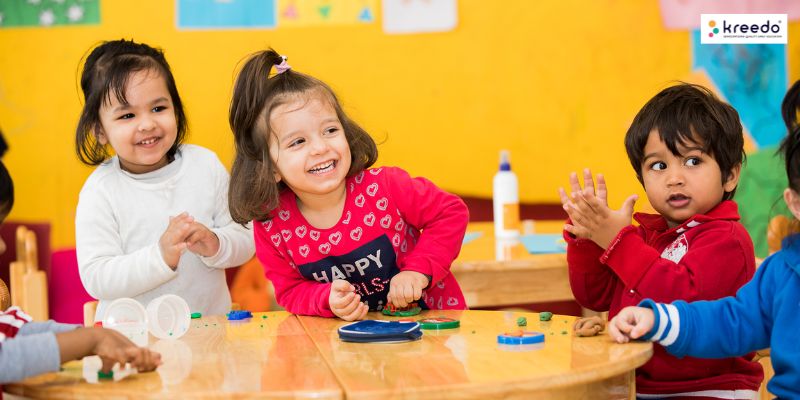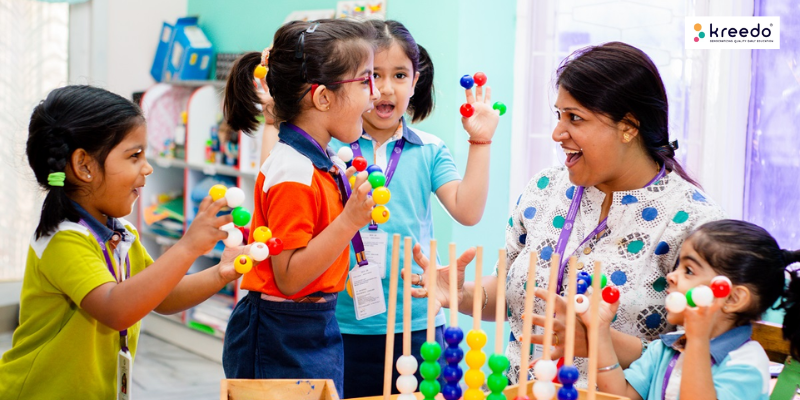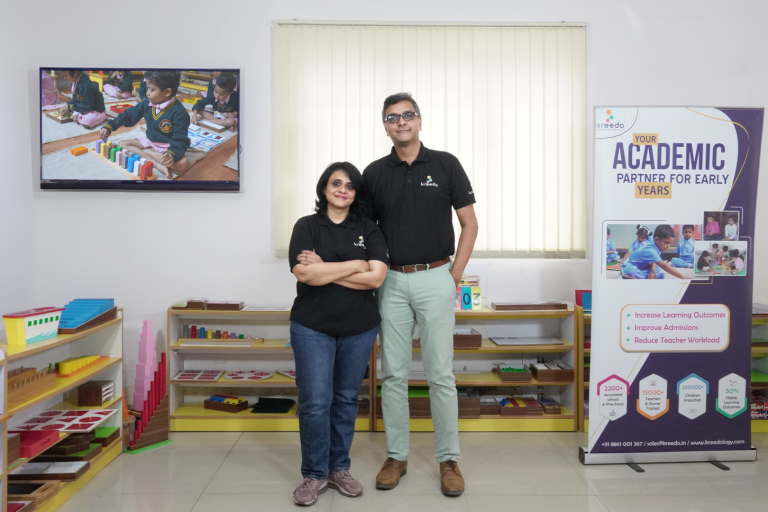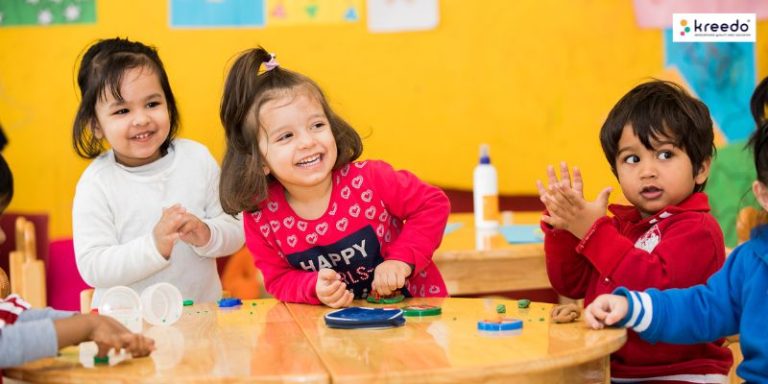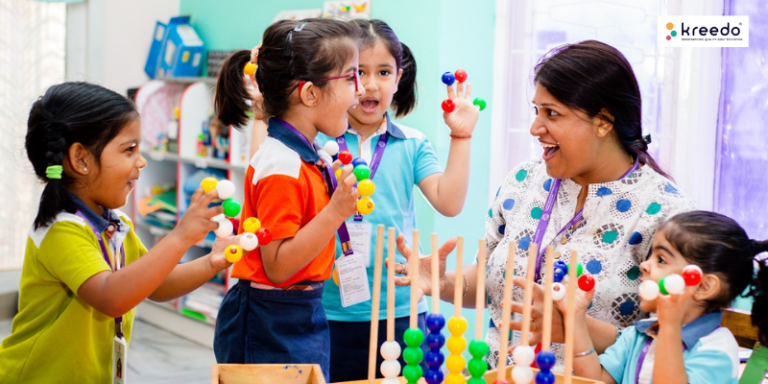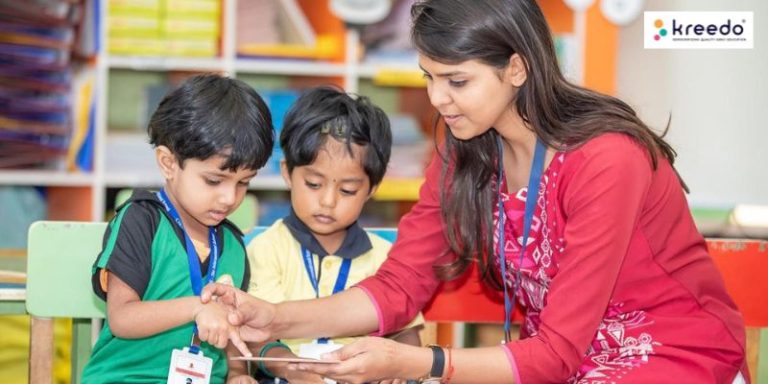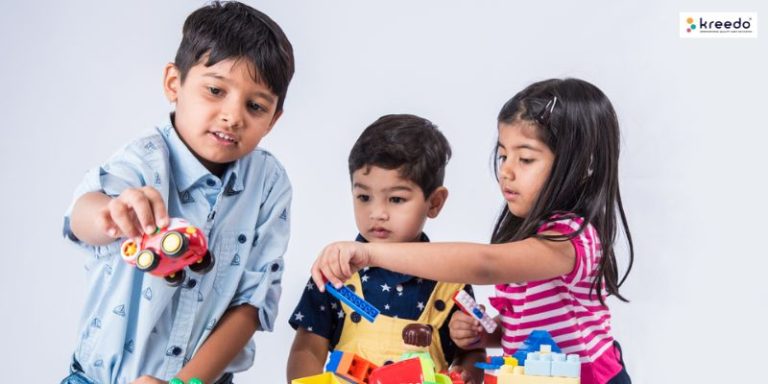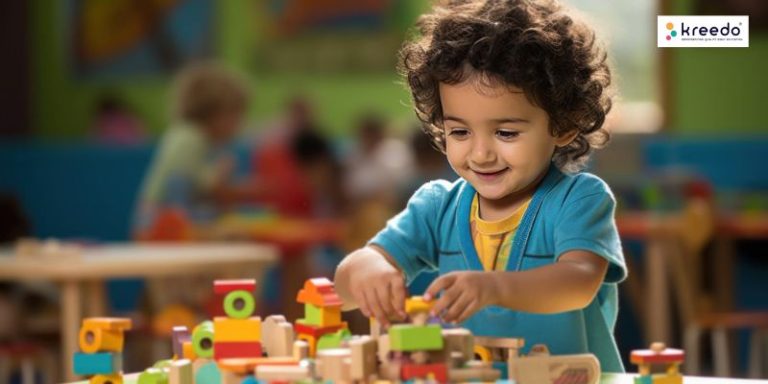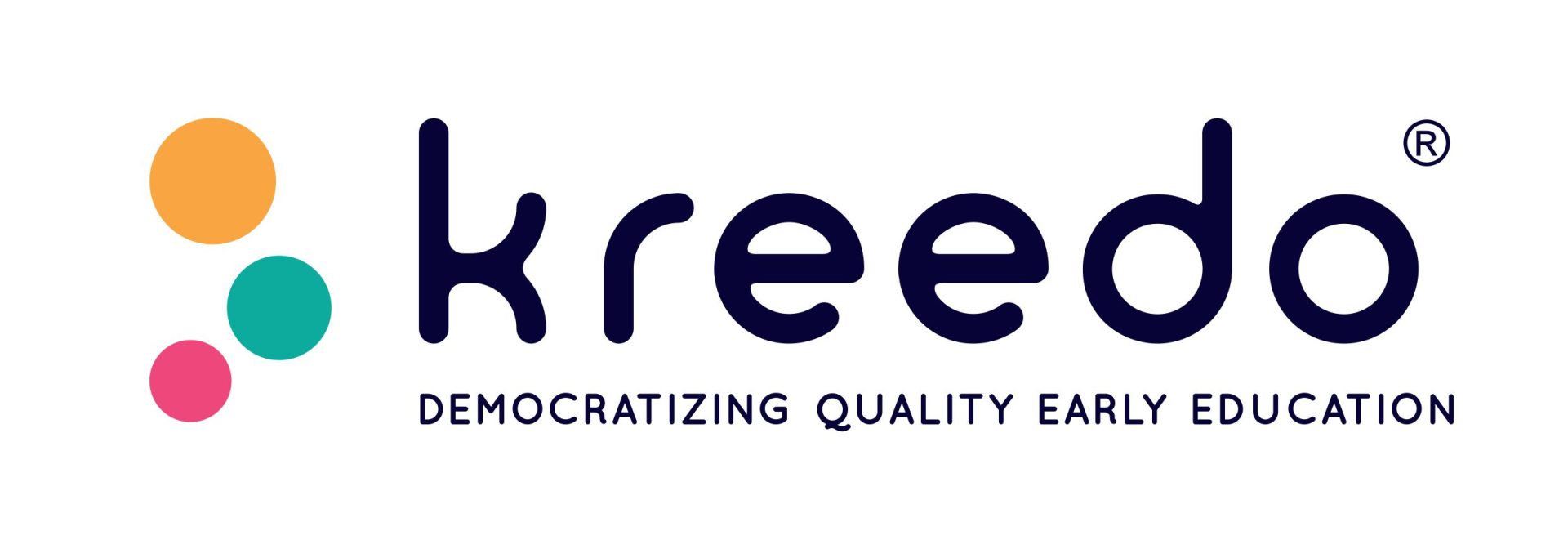Did you know that ‘play’ has been elevated to the status of an International Right? Article 31 of the UN Convention of the Rights of the Child recognizes “the right of the child to rest and leisure, to engage in play and recreational activities appropriate to the age of the child and to participate freely in cultural life and the arts”
Researchers who contributed to the creation of this document pointed out that play was important not only for the healthy development of the child but help to develop important life skills as well. These life skills are critical for growing children in order to help them develop into responsible adults who can make the right choices to ensure world peace.
It’s unfortunate that circumstances have made it necessary to recognize something as natural, as a right, in order to ensure that children are not robbed of it. Across the world, children are finding it harder and harder to engage in play. War, disease, and poverty are not the only obstacles standing in their way. In result-driven urban societies, the play has been traded up for tuition and drill work. Any extracurricular activities the child may engage in, whether swimming, singing or even dancing are designed to produce results, to compare children to each other, and choose ‘winners’ or ‘best performers’ for further training.
Effective preschools across the world are working at restoring this right. Carefully designed activities ensure that the child is constantly engaged in play, in a way that best helps him/her develop naturally. Nothing is forced on or expected from the child but support and encouragement are always provided.
It’s important for individuals – parents, teachers, school heads, and members of any society, to realize how important play is and to make sure children have access to the same. From making neighborhoods more child friendly to ensuring local parks and gardens are safe places for children to play, adults need to see it as their duty to protect this right of every child.
Sitting quietly in one place and writing or reading can wait. Young children need not even see a notebook for the first two to three years of their life. Engaging with their peers and materials, such as those available through Kreedo, will help them to develop far quicker than they would if their only interaction was with a pencil and paper.
The next time you feel that a young child is ‘wasting his/her time playing’, look closer at what she/he is doing. You will see a range of physical and interpersonal skills being developed that will help him/her in the future.
If the future belongs to those who prepare for it today, then it’s in everyone’s best interests that we let the children play!
